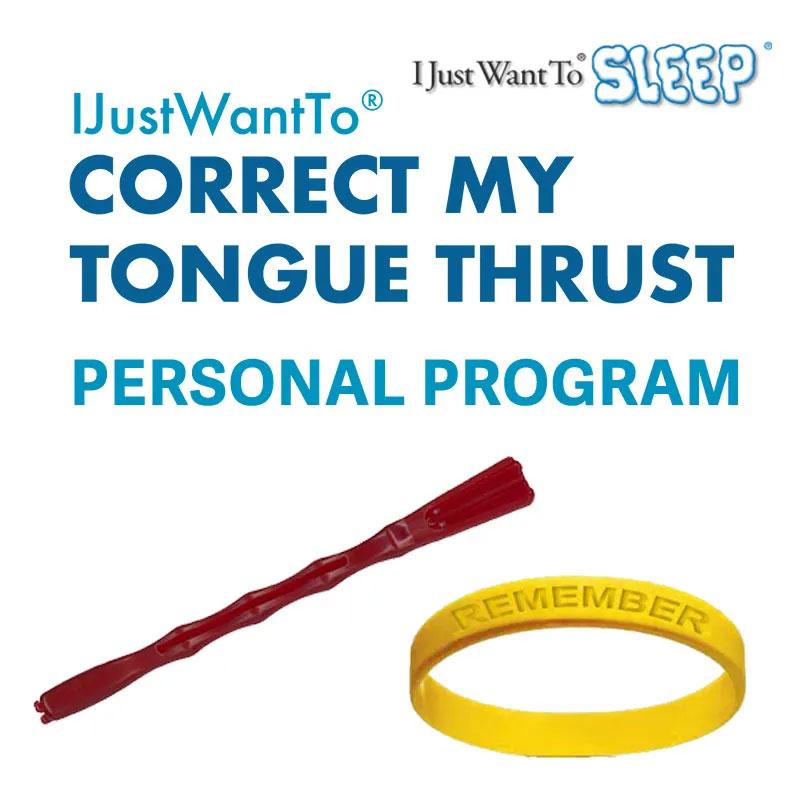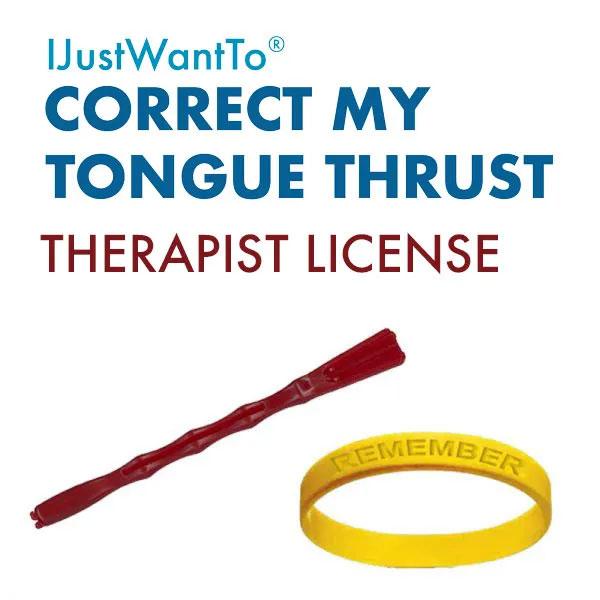Four Steps for Reducing Daytime Fatigue
1) Plan to Sleep More
The battle with your alarm clock begins long before it first rings in the morning. It begins the day before when you are planning your activities. Plan to get ready for bed and lay down in enough time to sleep at least seven or eight hours. Other tips include:
- Do not drink caffeine late at night
- Guard your bedtime routine
- Plan together with your family to sleep well
- Take steps to reduce stress, so your mind is not racing when it should be sleeping
2) Practice Better Nutrition and Exercise Habits
Your health and nutrition affect your energy level, as well as your ability to sleep well through the night. Talk with your doctor and determine how you can improve what you eat and how to exercise well. If your job and daily routine do not provide much physical activity, consider ways you can get moving during the day. These steps will help you sleep better and improve your health, which in turn, will also help you get more and better sleep.
3) Address Your Mental Health
Stress, anxiety, and depression will affect how well you sleep, as well as your energy level during the day. Fatigue can also have an adverse impact on your mental health. If you are struggling with anxiety and depression, it is wise to seek counseling and determine what you can do to feel better.
4) Consider Whether You Have a Sleep Disorder
If you are in bed, hopefully sleeping for 7-9 hours, but you still wake up tired and experience daytime sleepiness, something is wrong. You may have a sleep disorder and should discuss this with our doctor. Meanwhile, you need to become aware of how you are breathing. Quite often when the professional suggests to a sleep deprived person that they are probably mouth breathing at least while they sleep but not necessarily while awake, they deny mouth breathing ever.
Do this to more quickly understand why you are always tired: While sitting in your most comfortable chair and watching a movie, discover if your lips are totally closed or apart just a little bit or a lot. If you live with someone, ask them to watch you when you are unaware and tell you about your lip closure. When you are sleeping you also want to discover if your lips are open or closed while sleeping. If your roommate reports that your lips are closed, ask them to look closely to see if there may be a small opening at the corner of your mouth. You may notice some drool when you wake up. That is proof that you are breathing through your mouth. Your mouth doesn’t have to be wide open to be a mouth breather. Some people discover that they do because they sleep with their hand on their cheek, this results in pushing their lips apart just enough to be able to mouth breathe. Even if you are 100% sure that you do not mouth breathe, take the time to discover the truth. Mouth breathing leads to fatigue and daytime sleepiness.
While sleeping, mouth breathing leads to snoring, which may or may not be very loud. Snoring sometimes leads to sleep apnea. Not all snoring will lead to sleep apnea. If you were to awaken yourself with a snort and a jolt, this is a sign that you may have sleep apnea. Stopping your snoring asap will prevent you from getting sleep apnea. Stopping mouth breathing will prevent you from snoring (even though a small percentage of people snort through their nose and are not mouth breathers). At this point, when you lay down and sleep for 7-9 hours, you should wake up feeling totally rested and not experience daytime sleepiness.
If you suspect your daytime fatigue is a result of mouth-breathing and tongue thrust (not all mouth breathers have a tongue thrust), IJustWantToCorrect My Tongue thrust has a program perfect for you. Our seven-lesson guide helps you train your tongue to “live” on the roof of your mouth so it will not fall down and block your airway. In addition, this helps you to get out of the habit of mouth breathing which we now know is the culprit for most sleep disorders.
If you would like to know more information about our simple program and how it has helped many people sleep better, contact us. We will be happy to answer your questions, so you can start taking steps to fight fatigue and enjoy life with plenty of energy. If you are ready to start correcting your tongue thrust immediately, visit our store to learn more about our program.



